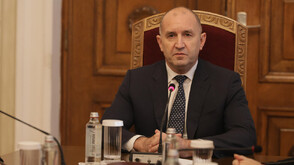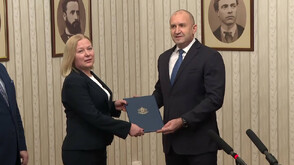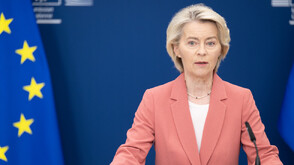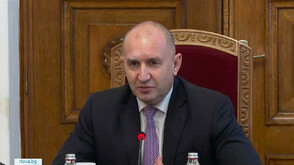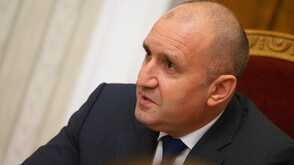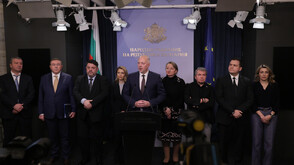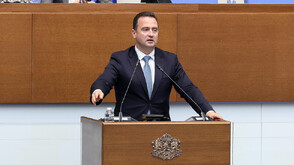
Photo: Archive
The Committee also unanimously approved a Draft Decision on setting an additional deadline for the collection of revenue, for incurring expenditure and for granting transfers, tabled by the Council of Ministers
With 19 votes in favour, the Parliamentary Committee on Budget and Finance passed unanimously a new extension of the Act on Application of Provisions of the 2022 State Budget of the Republic of Bulgaria Act, the 2022 Public Social Insurance Budget Act and the 2022 National Health Insurance Fund Budget Act tabled by the Council of Ministers. The extended budget expires on June 10 and, unless a new budget extension for 2022 or a new budget for 2023 is adopted, there will be problems with a number of payments, the caretaker Minister of Finance Rositza Velkova-Zheleva warned on Thursday.
The Committee also unanimously approved a Draft Decision on setting an additional deadline for the collection of revenue, for incurring expenditure and for granting transfers, tabled by the Council of Ministers. The draft proposes that, until the adoption of the 2023 budget, the Ministry of Finance should collect revenues in order to make payments in the following sequence: payments for the servicing of the state debt and for Bulgaria's contribution to the EU budget; transfers for the judiciary, social payments, municipalities' accounts for EU funds and the State Fund Agriculture, BTA, Bulgarian National Television and Bulgarian National Radio, limits on payments to budgetary organizations, etc.
As of the end of May, the deficit on the Consolidated Fiscal Programme was BGN 1.2 billion or 0.6% of the estimated GDP. The fiscal reserve is BGN 10.1 billion, Minister Velkova-Zheleva said and clarified that only a small portion of the money from the reserve can be used for payments. The Minister said that payments of BGN 4.1 billion on projects under EU operational programmes, as well as BGN 1.3 billion under the Recovery and Resilience Plan, are forthcoming.
Continue the Change - Democratic Bulgaria MP Martin Dimitrov said that as of the end of May, the deficit was BGN 1.2 billion. He added that the deficit is heading towards 4% and, with a serious budget, it could fall below 3%.
BSP for Bulgaria MP Rumen Gechev asked the Ministry of Finance to calculate how much it would cost Bulgaria to take out a loan to cover the budget deficit and how much it would cost the State, if it decided to cover the budget deficit with funds from the State Fund for Guaranteeing the Stability of the State Pension System (the Silver Fund). Gechev specified that he is against the notion of putting the Silver Fund at risk for a 2.5% interest rate a year.
Fiscal Council member Lyubomir Datsov said that the budget has structural problems and requires political decisions to be taken, at least in the medium term. "The problem, whether we want to put it on the table by possibly raising taxes or limiting a certain type of spending, remains in terms of strategy, but this has to be solved on a regular basis by the government and the political parties supporting it," Datsov added.
Noting that according to the European Commission's budget rules for next year, the excessive deficit rules will be assessed on the basis of this year's budget outcome, Datsov said that in order not to fall into an excessive deficit procedure, it is important that this year's budget ends up below 3% on an accrual basis. He added, however, that the budget currently being discussed is on a cash basis and the Maastricht criteria are on an accrual basis, which will make the calculations different.
According to the Fiscal Council's calculations, based on data from the Ministry of Finance, and with the contingencies for the economic developments until the end of the year, on a cash basis the consolidated budget, if working with around BGN 6.5 billion of investments, the deficit will be around BGN 7 billion in 2023.
Datsov said that spending this year will be around 20% higher, if the current trends persist and in view of declining inflation, among other factors.
Редактор: Тони ГосподиновПоследвайте ни















